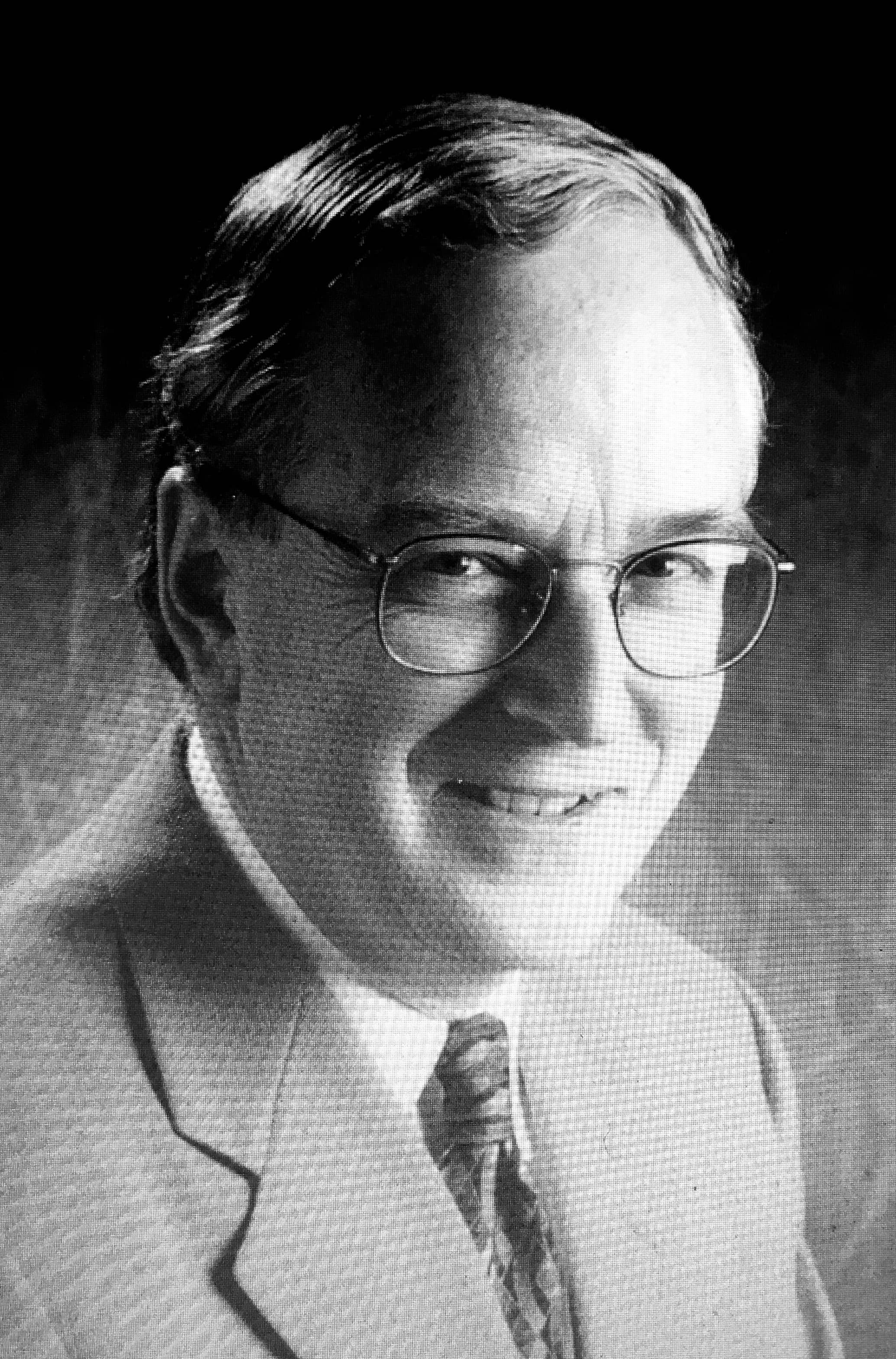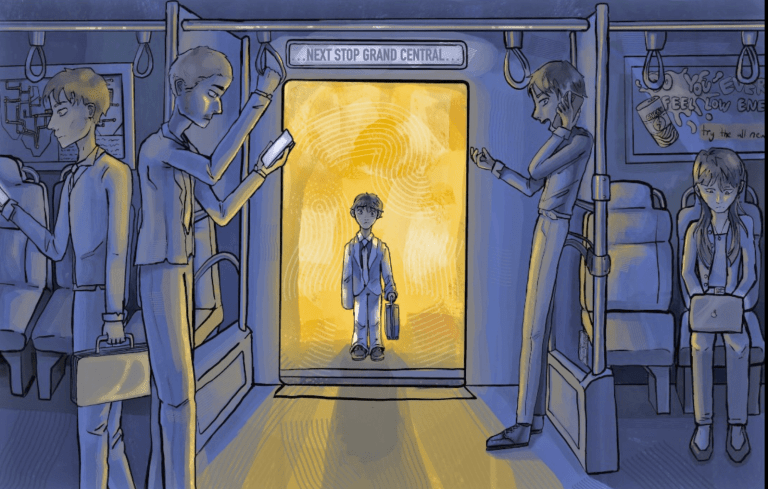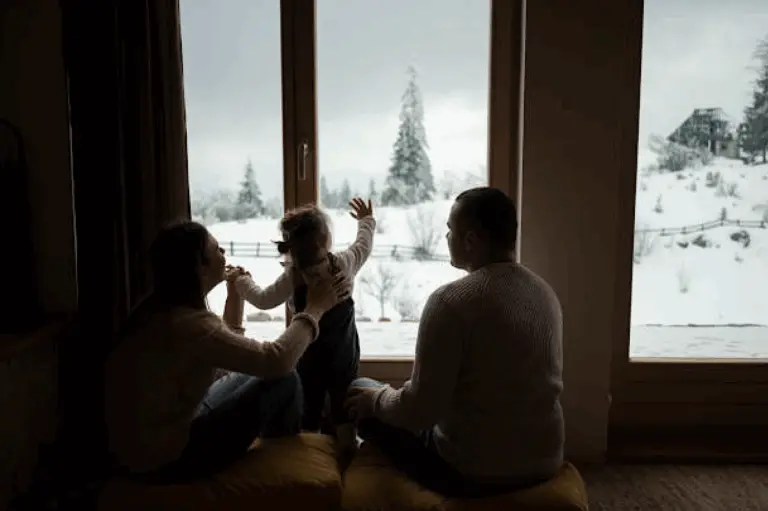

The Christ Church Sunday Forum continues to host leading theologians as in this past Sunday’s Zoom guest, Brit John Hare, the Noah Porter Professor of Philosophical Theology at Yale University.
Addressing the subject of the talk, “Why Bother to be Good,” Professor Hare began, “So, I’m going to talk to you about morality and the Christian faith.”
“First of all, what is morality,” he asked. “It’s a set of requirements, positive and negative for how we treat each other… In the language of Emmanuel Kant…I think the greatest philosopher of the modern age… The first requirement is that when you’re dealing with other people, you have to be able to will that what you’re going to do should be acceptable…you have to act in a way that you would be content if it were being done to you.”
The second requirement is,” he said, “You have to treat humanity with dignity. God was the first person really to lay out what dignity means…And that means when you treat a human being with dignity, you share that person’s ends or purposes as much as you can, as much as morality itself allows.” So, you are in a restaurant at the end of a long day, “And suppose the waitress is a little bit slow delivering your food, and you get snippy with her. Are you treating her as a human being, or are you treating her as a conveyor belt to get the food from the kitchen to your table as quickly as possible? So, treat every human being as a human being, with dignity, with incommensurable worth.”
For a Christian, he told, “morality has a three-part structure, and the first part is this demand, which I think God puts upon us as the author of our being…And the second part of the structure is our natural capacities – what we’re born with. We’re born wanting two different things, wanting to be happy and wanting to be good… But alas, we rank them innately. And when our own happiness seems to conflict with goodness, we tend to put our own happiness first. So that creates a gap and call it the moral gap between the demand and our natural capacities.
“So, the third part of the structure for a Christian is God’s assistance. And there has to be that assistance if morality is going to make sense, because it doesn’t make sense that we be under a demand that we’re unable to meet. So, Augustine says it this way – God bids us do what we cannot, in order that we may learn our dependence upon God. And Martin Luther has this picture of a parent, teaching a child to walk. The toddler gets up and makes a couple of hesitating steps, and the parent reaches out a hand, and then guides the child the rest of the way. So, God doesn’t tell us to do what’s impossible. But God tells us to do what we can only do with God’s help. And that’s the three-part structure.”
Hare spelled out a trilogy of his books on “the kinds of help God gives to us,” that he has been working on for over 20 years. The first two published are “The Moral Gap,” “God’s Command.” and the third a working title of “The Good Life and the Holy Spirit.”
Addressing “The Moral Gap” he said, “What happens when we don’t live by this moral requirement. How can we be forgiven? I don’t think we can forgive ourselves because we don’t have the right status to do that. The doctrine of atonement is how God can forgive us. Atonement literally is at- one-ment. First of all, we share our sins with Christ…Jesus confesses our sins to the Father. It’s a vicarious repentance. A repentance on our behalf. But that’s atonement.”
Hare’s second book, “God’s Command,” he said addresses God as the author of the moral demand. “It’s God’s command that helps us to sort out what we should follow, and what we should not…If we do what God tells us to do, we will in the end have God’s peace. So, the Psalm says, righteousness and peace will kiss each other.”
Lastly, addressing his third book, “The Good Life and the Holy Spirit,” he said, “The Holy Spirit puts us next to the people that we are supposed to help. I call this providential proximity. So, the Good Samaritan was on the road. And there was the wounded traveler, and the Holy Spirit put the Good Samaritan next to the wounded traveler and the neighbor – proximus in Latin means the one you’re next to. And it doesn’t have to be geographical proximity.” He then told about his son: “So, my son goes to Zambia to work on an AIDS education program, way out in the bush. And he lived in a village, which was desperately poor. And because he went there, that became my village to help. We have to be discerning all the time who is God putting me next to.”
Next Sunday’s 11 am Christ Church Greenwich Sunday Zoom will be speaker and author Dr. Pete Enns, the Abram S. Clemens professor of Biblical Studies at Eastern University in St. Davids, PA who hosts the podcast The Bible for Normal People. His most recent book is “How the Bible Actually Works.” For more information visit https://christchurchgreenwich.org/sunday-forum/




